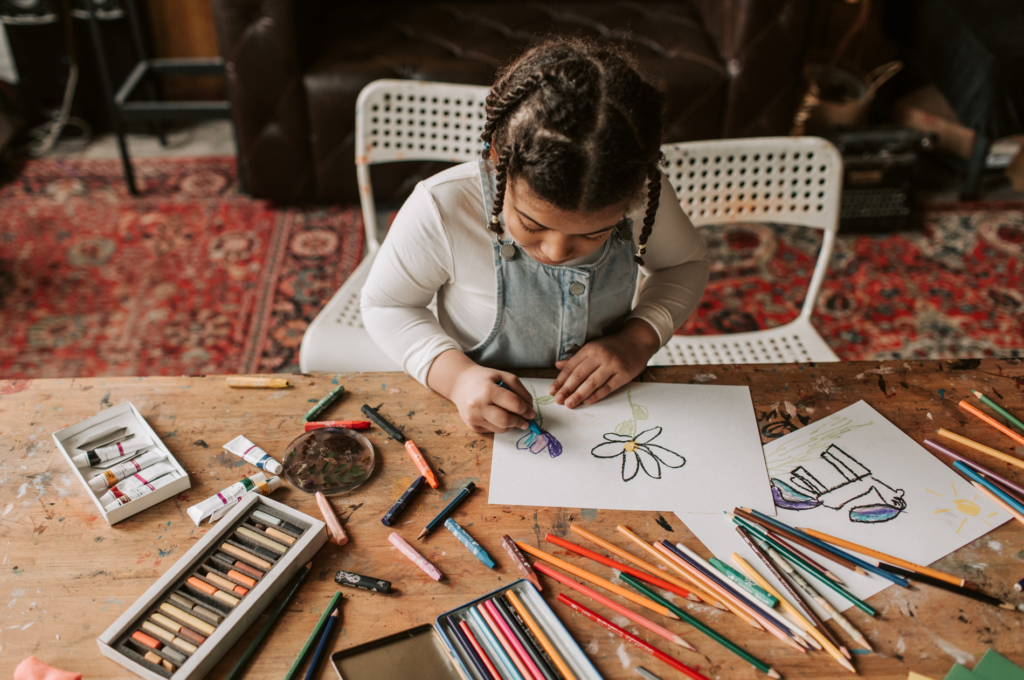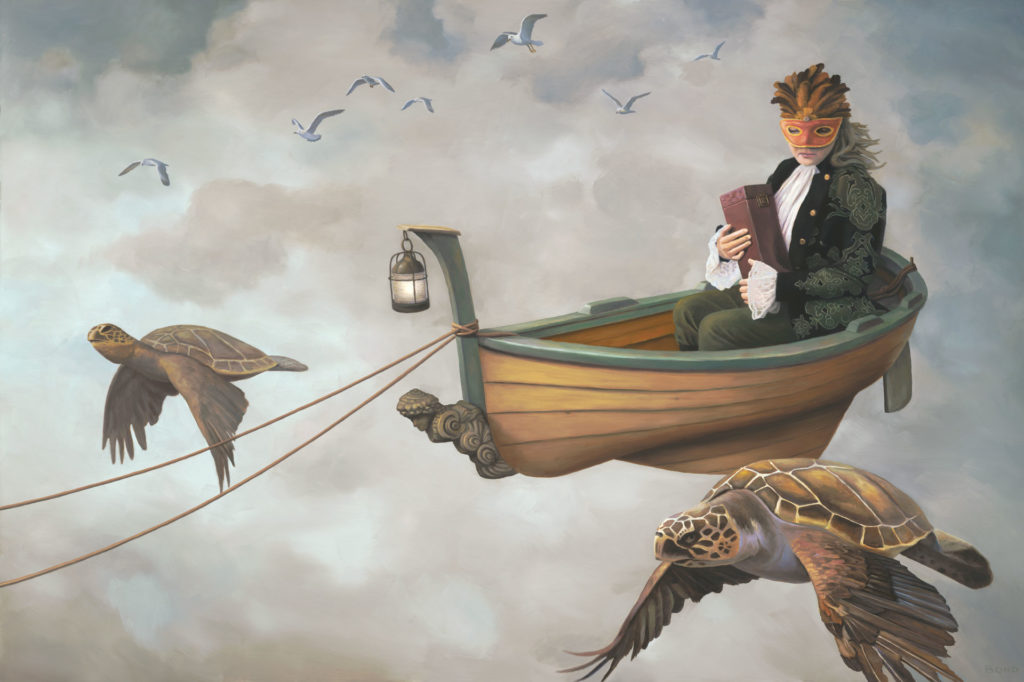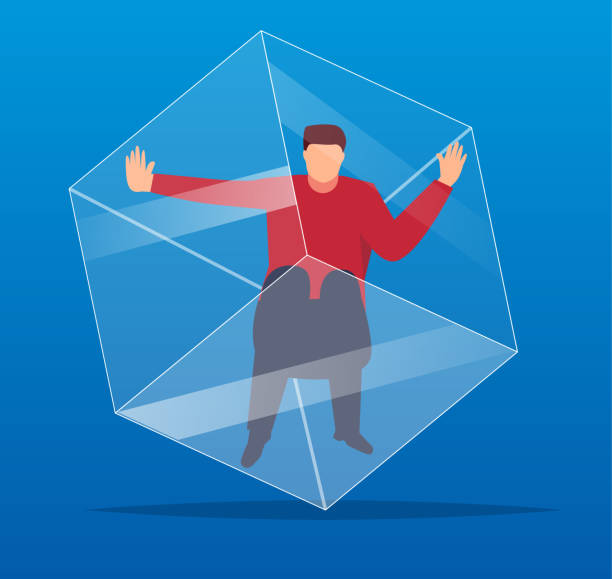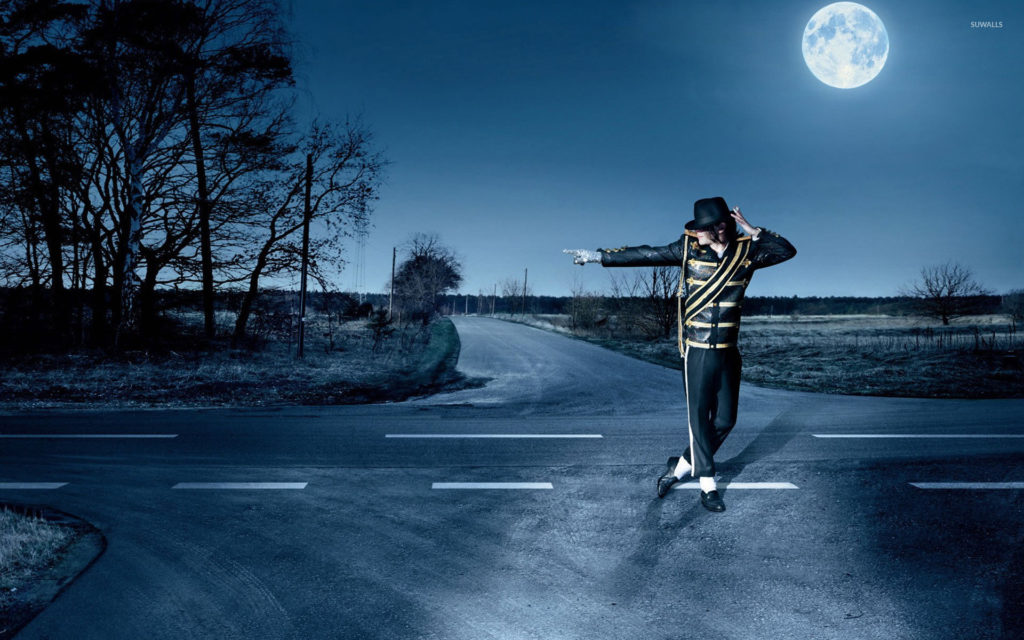
Each of us has special, one-of-a-kind gifts that enable us to do things that others would find hard or even impossible. Your gifts are hardwired, but it’s up to you to discover and develop them. You must believe that you’re gifted and have the courage to share those gifts with others. If you’re unsure about where your strengths lie, these five techniques will help you discover your gifts and talents. (Estimated reading time: 8-9 minutes)
““Don’t die with your music still in you.”
— Dr. Wayne Dyer
You and I are as unique as snowflakes. There never was, and never will be another person quite like you. Your traits, preferences, and proclivities in combination are unique. Each of us is a one-time phenomenon in the cosmos.
Many of us fail to see this. We are indoctrinated by culture and society into following convention and sticking with tried and tested ways of doing things that limit our potential.
Under such influences, our gifts and talents are obscured from our vision. Without encouragement, we can’t accept that we are gifted. Without direction, we don’t know how to develop ourselves and solve the problems we’ve capable of solving.
So many people are frustrated because deep down, they know they aren’t tapping into their full potential. They’re living someone else’s dream. They can feel the weight of their underutilized abilities and unborn ideas as they trudge through mediocrity.
They watch those who appear to be living their best lives – living with passion, fervor, and purpose – and wonder why that can’t be them. They don’t realize that they already have everything within them to experience those same emotions. Their voices matter.
According to motivational author Jim Rohn, the only way to win (and be happy) is by applying our gifts and talents. He says:
“Make sure that all your talent and ability and mentality and ingenuity and vitality and strong feelings – faith, courage – make sure all you’ve got is being used. Otherwise, you lose”
The first vital step is believing that you are gifted – that you have a special set of one-of-a-kind of qualities that enable you to do things that others would find hard or even impossible. They are hardwired, but it’s up to you to discover your gifts and talents and hone them.
Early stirrings: recognizing the first signs of giftedness

If you look back on your childhood, you’ll see that certain things you did left you with heightened awareness, wonder, pleasure, and power. These sensations were clear indications of an attraction to a particular activity or subject.
Physicist and chemist Marie Curie, famous for her work on radioactivity and winning the Nobel Peace Prize twice, saw early signs of her interest when she was a young girl.
She discovered a glass case in her father’s study with different types of laboratory instruments for physics and chemistry experiments. She would return to the room many times where she would imagine all kinds of experiments she could do with the measuring devices and tubes.
Years later, when she entered a real laboratory, she connected the dots and realized that she had found her vocation. She dedicated herself to it for the rest of her life.
Many of those who achieved great mastery in their field have experienced this same kind of magnetic pull to that what ultimately became their life’s work.
These proclivities first show in childhood through some primal inclinations. These have often been described as mystical, a daemon or an inner voice that compels us to take a step toward our creative potential. This inexplicable, powerful energy takes over and drives us to charter into unknown territories.

In her book, “Big Magic,” Elizabeth Gilbert writes, “Pure creativity is something better than a necessity; it’s a gift. It’s the frosting. Our creativity is a wild and unexpected bonus from the universe.”
The creative energy that emanates from our inborn gifts is expansive. Like the rest of the universe, we’re meant to expand. Like a seed planted at birth, our gifts want to grow, transform, and blossom to their full potential.
For masters of their craft, like Marie Curie, this voice is strong and often feels like a force that has its own reality, guided by a sense of destiny. For others, it’s more subtle and undefined, as in my case.
In school and college, I was exceptionally good at taking detailed notes and summarizing. My classmates would clamor for my notes when preparing for tests. My essays (no matter what they were about) always received high grades and praise.
Little did I know that these were early signs of my ability to assimilate a lot of information quickly. I had a gift for simplifying and structuring information into simple and easy-to-understand formats.
It was only much later that I realized it indicated my ability to write and create content quickly and effectively. I’m certain you, too, are exceptional at certain things that went unnoticed through your younger years.
Recognizing glimpses of your giftedness and taking them seriously often entails overcoming some common barriers.
Barriers to your greatness: understanding what gets in the way

If we are to crack the code of the uniqueness embedded in our DNA, we must recognize what gets in the way. Here are three of the most common barriers that weaken our ability to home in on our gifts:
1. The inner critic: Self-doubt creeps in when we give in to our inner critic, that condescending voice that tells us we aren’t good enough and don’t have what it takes to succeed. That voice originates from limiting beliefs that we develop in childhood and through major life experiences. When our inner critic runs the show, we can’t accept our gifts, even if we see them.
2. Social pressures: Another menacing force that can threaten the fruition of our gifts is the social pressure to conform. Maybe it’s a parent who directs you to take a profession that’s comfortable, predictable, and lucrative or a boss who dissuades you from pursuing a side project to explore a life-long interest. If these forces are strong enough, you can lose touch with your gift and your path will be shaped by others.
3. Copying others: In the age of social media and celebrity, we tend to put the famous and rich on a pedestal. It’s tempting to believe that if we follow in their footsteps and do exactly what they’ve done, we can attain the same level of success. While it’s okay to model someone you admire, our real success comes from adding our own flavor and originality into the mix.
4. Confusing your gifts with your job, talent, or passion: Recognizing our gifts becomes tougher when we confuse them with our jobs, talents, and passions. In his book “Act Like a Success, Think Like a Success,” Steve Harvey says that our jobs and titles don’t reflect on our gifts. It could be something that we do as a passion project or on a volunteer basis.
He also says that just because we’re talented at something does not mean it’s our gift. Talents can be learned, but a gift is inherent. For instance, you can learn to dance like Beyoncé, but you might not be able to replicate her signature hip sway or her stage presence.
Neither is passion an indicator of giftedness. It’s an emotion that you can experience while engaged in various activities (many of which you aren’t great at). Harvey describes your gift as “the single thing that you do at your absolute best with the least amount of effort.” Once you get past these barriers, you’ll be in a stronger position to discover your gifts and talents.
Following the path of your destiny: five unique ways to discover your gifts and talents

We all have a purpose for being here, and we have the right constellation of abilities and strengths to help us follow that path.
For example, athletes will have the physique and endurance that makes them gifted in sportsmanship. A monk will have the temperament, discipline, and piety to engage in hours of reflection, seclusion, and a life of abstinence. A singer will have the melody, rhythm, and sensitivity to feel and emote words in a way that touches listeners deeply.
As you journey through life, you’ll find yourself resonating with specialties – therein lies the key to uncovering what you have a natural flair for and how you can use it to contribute to society.
It may not feel like you’re a genius in the initial stages. It will require a good deal of practice, planning, and resourcefulness to perfect your gift.
Here are some basic indicators that you’ve stumbled on a gift:
- It comes naturally to you
- It empowers you and raises your self-esteem
- It’s easy to learn, and you pick it up easily
- You look forward to doing it, and it fulfills you
- It improves the lives of others and brings them joy
- You get into the zone when engaged in it
- Time flies when you’re immersed in it
- You can do it all day, even if you don’t get financially compensated for it
Besides looking at your childhood inclinations, here are other unconventional ways that you can discover your gifts and talents:
1. Archetypes: Archetypes describe collective consciousness patterns that are common to us all. You’ll see them used in novels, movies, stage shows, and tarot cards. The common ones include the hero, the villain, the sidekick, the damsel in distress, the trickster, the sage, and so on. By getting to know your archetypal patterns, you’ll discover your strengths and areas of improvement to make the best use of your personal power.
2. Astrology: Looking at your astrological birth chart can offer a deeper understanding of the key aspects of your personality that may spark some ideas. Astrology shows what your soul is here to do in this lifetime and where there’s an easy flow of energies that indicates areas that you can master easier than most people, i.e., your gifts. If you’re open to it, you can use this tool to understand your natural strengths and confirm what you may already know.
3. Things you dislike doing (and prefer delegating): By using the process of eliminating the things we don’t like doing, we can get closer to understanding our gifts. We’re drawn to what we’re naturally good at because it boosts our self-esteem and requires less thought and effort.
If you dislike the part of your job that involves numbers, you can cross that off your list. You’d be better off delegating it to someone who loves number crunching because they’ll get the job done sooner and more effectively while you focus your energy on using your gifts.
4. Your heritage: Gifts are often passed down through generations. There may be talents you possess that are connected to certain traits that run in families. If your father has a good way with words and used it in his profession as a lawyer, perhaps that is something you embodied due to inheritance and exposure to his work.
Maybe you perfected your culinary skills as a kid when you baked pies and whipped up delicious meals with your grandma in the kitchen. Tracing your heritage may hold clues that you can use to trace and identify your gifts.
5. Behind-the-scenes activities: In our attention-seeking culture, many people prefer to have gifts that put them in the spotlight – whether that be the manager of a firm or a YouTube influencer. The truth is that you could be gifted in an area that is handled off the stage. Just because you’re not in a performance-oriented job does not mean it’s not important.
Don’t miss gifts that involve mathematical acuity, technological savviness, cleaning and leaving a room spotless, and big-picture thinking that are typically seen as less glamorous. Everyone matters when it comes to running the show of life.
Realizing your gifts and talents takes courage. Many of the masters were ridiculed – their strengths were seen as peculiar quirks that would lead them nowhere. But other people’s opinions didn’t matter to them. They were more driven by their duty to serve others and leave a part of themselves behind. This is the flame that will light up your desire to express.
All my best on your journey,
Seline

Question for you: How were you able to discover your gifts and talents? If you haven’t found them yet, which of these techniques are you willing to try?
Did you like this post? Sign up below, and I’ll send you more awesome posts like this every week.

I always feel like I missed out on a lot in life, and that I have forever missed my full potential, because my parents never fostered that early passion and talent in me.
They had very firm ideas of what I needed to be and how I needed to act… and I had a very very hard time conforming to that box. I think it crushed a lot of my passion and love for certain things… which is really sad. Thanks for giving me some hope to find my way back.
Sorry to hear that Irna. Glad this got you thinking. Best wishes!
Hi Seline,
This is one of the incredible piece l have read on this subject. I am in the journey of discovering my gifts and l resonate with what you said about childhood glimpses. It just clicked.
Thank you very much.
Best,
W
You’re welcome Willie! Glad to know it was useful for you. 🙂